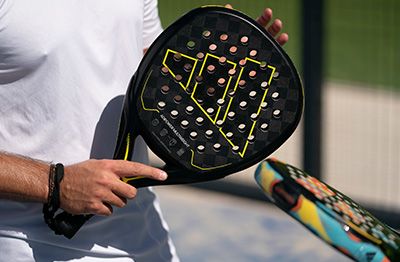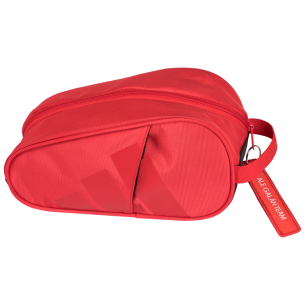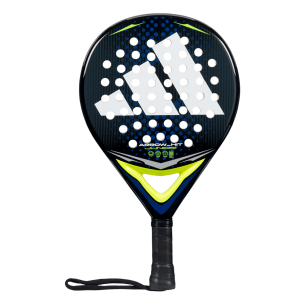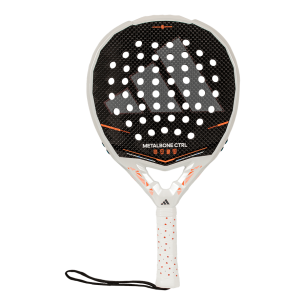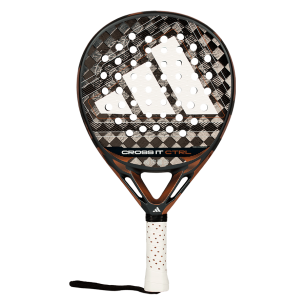
Padel: An anti-stress therapy
What benefits does playing padel have for our health? Can we improve our "state of mind" by practising padel? Does playing padel make us feel more active, with less stress and help us overcome the day-to.day chaos? Does padel favour the ability to relate and establish effective and personal ties with other people?
The answer to these questions is:
YES, IT IMPROVES OUR WELL-BEING. It is true that we feel much better when we pick up our racket and play padel with some regularity.
The range of emotions we feel
Emotions are natural reactions that allow us to alert ourselves to certain situations that involve danger, threat or frustration.
The central components of emotions are physiological reactions (increased heart rate and respiration, muscle tension, etc.) and thoughts. It is important to acquire certain skills to manage emotions since excessive intensity can make people experience them as unpleasant states or lead them to perform undesirable behaviours.
Anxiety consists of a set of feelings of fear, restlessness, tension, concern and insecurity that we experience when faced with situations that we consider threatening, both physically and psychologically. In anxiety, as in any other emotion, the type of thoughts we have and the physical reactions experienced play a very important role. The way we behave when we are anxious often interferes with our behaviour and with the people around us, as well as affecting our normal game on the padel court.
Anger is another emotion that can be problematic. Anger refers to a particular set of feelings that includes anger, irritation, rage, anger, etc. and that usually appears in a situation in which we do not get what we want. Physiological reactions to anger are similar to those produced by anxiety; what differentiates one from the other is the type of situations that cause them, the thoughts that occur in those situations and the behaviours that are triggered.
How padel can impact our mental state
The benefits of physical exercise on our health are well known and much has been written about them. However, playing padel, and any other sport for that matter, also favours our psychological well-being Here are some examples:
REDUCES DAY-TO-DAY ANXIETY: practising padel reduces tension and daily stress. Physical exercise helps to relax muscles and physical stiffness produced by excess tension, which generates physical and mental stress.
IMPROVES THE CARDIORESPIRATORY SYSTEM: as a consequence, we breath better, oxygenate the brain and think more clearly, reduce headaches and sleep better.
INCREASES OUR SELF-ESTEEM: playing padel on a regular basis improves our own self-esteem, making us feel better when we play. We see how we are improving in our game, we feel involved, we relate to others and we share our concerns.
FAVOURS SOCIAL RELATIONSHIPS: our circle of social relationships is greatly increased as a result of playing padel. We train with other pairs, we exchange experiences, we have "meetings", we participate in social tournaments that end in barbecues or meals…
WE LEARN TO VALUE EFFORT: training hard every day helps to create values for overcoming barriers and daily difficulties, whether they are sports related or not. Fighting for a sporting goal helps us fight for personal goals.
REDUCES THE RISK OF DEPRESSION: playing padel can be used as a complementary therapeutic strategy and even, sometimes, as an alternative to other forms of treatment for the treatment of mental health problems. Experts say that active people are around 40% less likely to experience depressive symptoms compared to sedentary people.
When we finish our working day and begin to think about playing padel, our body begins to generate a sensation of general well-being. This is thanks to the fact that our body releases endorphins, the hormones that produce the sensation of pleasure.
When we play paddle tennis, we forget about the crisis, the problems, the difficulties and the anger of the day, in the family and at work. It helps us psychologically "disconnect" from these unpleasant situations and we "evade" all of them.
For a couple of hours, our brain "disconnects", it "resets" and we return with "recharged batteries" to face reality.
